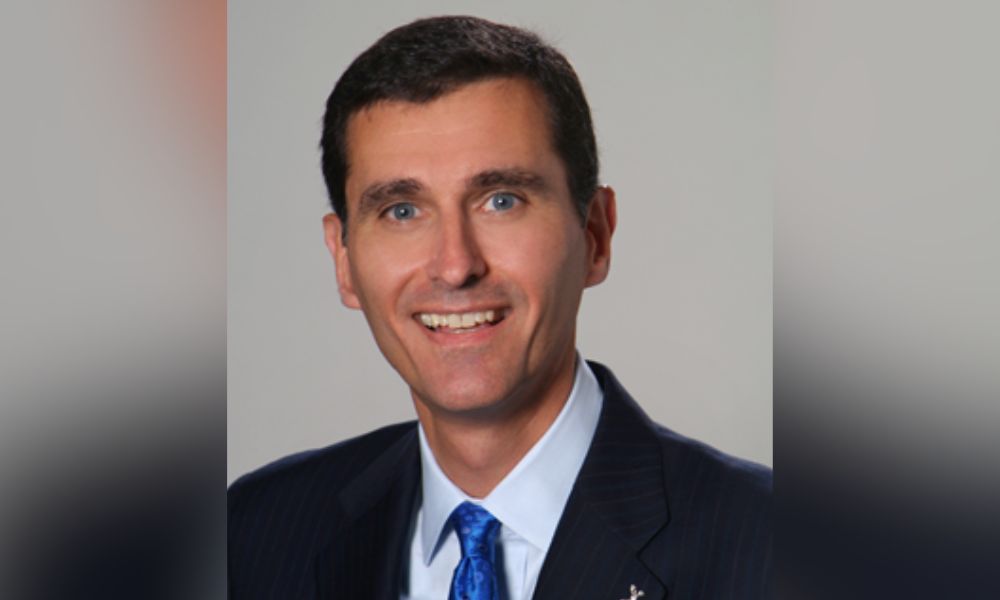The Hartford shares generational perspectives in Future of Benefits study

The Hartford shares generational perspectives in Future of Benefits study | Insurance Business America
Benefits
The Hartford shares generational perspectives in Future of Benefits study
Zoomers are burning out more frequently than their generational counterparts
Benefits
By
Kenneth Araullo
The Hartford’s fifth annual Future of Benefits Study highlights distinct generational perspectives on workplace productivity, employee benefits, personal finances, mental health, and paid leave.
The study notes the entry of more Gen Z workers into the workforce and the retirement of many baby boomers, showing Gen Z’s unique challenges and optimism.
The study’s findings indicate that three in five US workers experience some level of burnout at work, with Gen Z workers reporting a higher frequency (32%) compared to other generations.
Additionally, 29% of US workers feel depressed or anxious at least a few times a week, with stigma preventing many from seeking mental health care. This stigma is more pronounced among Gen Z workers, with 45% feeling anxious and 52% avoiding care.
Jonathan Bennett (pictured above), head of group benefits at The Hartford, emphasized the importance of understanding Gen Z’s expectations and needs, which differ significantly from other generations.
“As the number of next-generation employees surpasses baby boomers in the workplace, understanding these differences and taking a multigenerational approach to workplace benefits is crucial to shaping the future of work,” Bennett said.
Gen Z workers also report that their financial health (47%), mental health (41%), and physical health (38%) negatively impact their productivity. They place a high value on personal connections at work (75%), more so than millennials (70%), Gen X (67%), and baby boomers (62%).
Furthermore, 53% of Gen Z workers believe their financial situation will improve in the next year, compared to 45% of millennials, 32% of Gen X, and 26% of baby boomers.
Bennett noted that while Gen Z’s financial optimism is encouraging, there is still more to be done to support financial and mental health in the workplace.
“As an employee benefits provider, The Hartford is focused on helping our employer clients reach all generations with simple benefits education to increase understanding about how the benefits they are offered in the workplace can help support employee wellbeing, protect their paychecks and provide a financial safety net,” Bennett said.
A generational shift
The generational shift is increasing complexity for employers as they address evolving employee needs and rapidly changing technology. The study found that 62% of employers reported increased day-to-day responsibilities in recent years, with 84% saying advances in HR technology have expanded their duties and required new skills.
Employers continue to face challenges in managing benefits, employee expectations, and benefits education. Over the past five years, the study has shown that US workers consistently value the benefits offered to them.
However, employers believe employees underutilize these benefits. Some workers, particularly Gen Z and millennials, admit they do not fully understand voluntary or supplemental benefits and seek better resources to improve their understanding.
Half of US workers believe their company needs better resources to help them understand their benefits. Additionally, 73% of employers believe employees underutilize the available benefits and services, an increase from 64% in March 2020.
Educating employees about benefits also remains a challenge, with 67% of employers noting this issue over the past five years. While 80% of US workers value their company’s insurance benefits, 38% do not understand supplemental benefits and what they cover.
Paid family and medical leave are benefits sought by all generations and can help employees take care of themselves or their loved ones. Employers have continued to expand leave benefits, with 46% adding or expanding medical leave, 46% sick time, 39% paid time off/vacation time, 38% family leave, and 38% parental leave.
However, half of employers find it difficult to track and manage all leave types. Additionally, 33% of US workers believe there is a negative perception associated with taking leave, and 34% fear workplace repercussions, an increase from 29% in 2023, with concerns highest among Gen Z at 49%.
What are your thoughts on this story? Please feel free to share your comments below.
Related Stories
Keep up with the latest news and events
Join our mailing list, it’s free!






